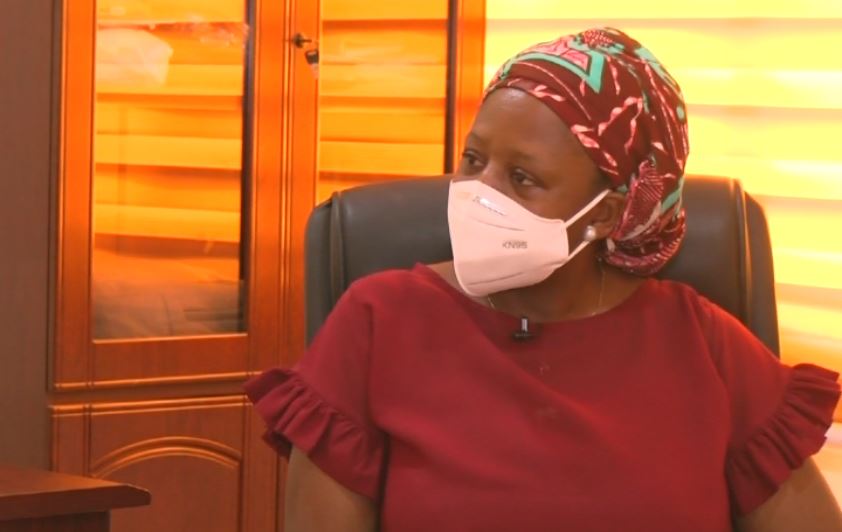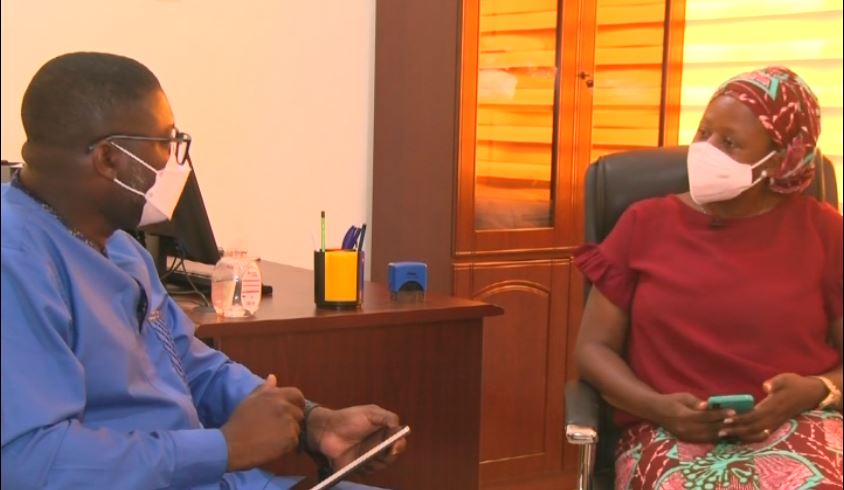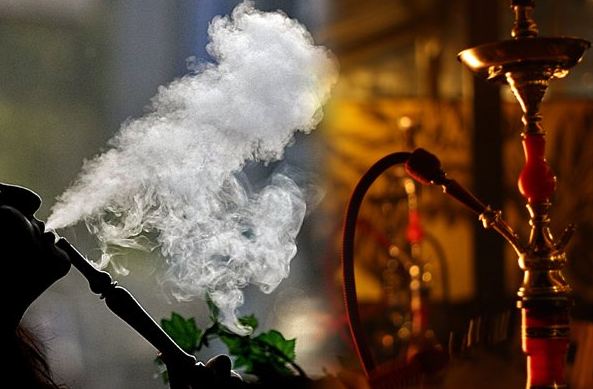The Ghana Health Service (GHS) says it is concerned about the acceptance and widespread smoking of shisha in the country.
The Service says it has observed an increase in smoking of tobacco, especially Shisha, which appears to be widely accepted in the Ghanaian society.
There is a misconception that shishas are not as harmful as cigarettes, a claim the British Heart Foundation has discredited.
According to the Foundation, an hour-long shisha session can be the equivalent of smoking more than 100 cigarette sticks.
This was further established in the World Health Organisation (WHO)’s 2015 advisory note.
“All the studies to date indicate that during a typical waterpipe use session, the user will draw large doses of toxicants (ranging from less than one to tens of cigarette equivalents).
“These toxicants have been linked to addiction, heart and lung diseases, and cancer in cigarette smokers and can result in similar outcomes in waterpipe users if these toxicants are absorbed in the body in appreciable amounts,” the report stated.
Traditionally, shisha tobacco contains cigarette tobacco; so, like cigarettes, it contains nicotine, tar, carbon monoxide and heavy metals such as arsenic and lead.
The Ghana Health Service is worried that consumption of the substance is adding to the many factors that predisposes Ghanaians to the deadly tuberculosis disease.
In an interview with JoyNews, the Greater Accra Regional TB Coordinator for the Service, Dr Farida Abdulai, said a study must be conducted to understand the extent of damage Shisha causes to persons who patronise it.
“For now, not much research has been done into Shisha and since we have a very good academic community in Ghana, we need them to conduct research into it, and letting us know the risks of smoking shisha are.

“Young people are very adventurous, they want to try everything. I’ll take this opportunity to tell our young people that it’s not everything that you should try. Let’s exercise some discretion when new thing come,” she advised.
The Food and Drugs Authority (FDA) has declared Shisha illegal since operators of pubs, night clubs and drinking bars have not sought authorisation for its use.
In 2018, the FDA shut down some shisha joints in Accra.

Shisha is banned in Cameroun, Kenya, Gambia, Tanzania and Rwanda but not much regulation is available in Ghana.
Ghana’s Public Health Act prohibits smoking in “an enclosed or indoor area of a work place, or any other public place except in a designated area.”
Under Section 58 (2), “a work place and public place” includes “sports stadia and other sports arenas, whether fully enclosed or not.”
Therefore, smoking is restricted in outdoor sports stadia and arenas.
Latest Stories
-
IFRS 17 is one of biggest changes to financial reporting standards in insurance industry – Deloitte
10 mins -
Enimil Ashon: Whose polls do you believe: ‘Global Info or Prof Sarpong?
12 mins -
Ghana Climate Innovation Centre welcomes 25 businesses into Cohort 10
17 mins -
ADB will continue to enhance customer value and service experience – Managing Director
19 mins -
Colour Cure Exhibition highlights art’s role in healing and advocacy
21 mins -
GPL 2024/25: Aduana FC sack coach Yaw Acheampong after poor run
24 mins -
John Dumelo pays ¢10,400 in outstanding fees for visually impaired law student facing deferral
25 mins -
CHRAJ clears Rev. Kusi Boateng of conflict of interest, says he doesn’t own 2 passports with different names
28 mins -
We’ll restore hope by cutting down taxes and avoiding unreasonable borrowing – Ato Forson
33 mins -
14th Edition of Tech in Ghana Conference launched in Accra
33 mins -
Manifesto clash: NPP, NDC spar over water, hygiene, sanitation and climate change
40 mins -
Ellembelle MP constructs new health facility at Santaso to serve several communities
44 mins -
Kwasi Appiah wanted to axe Ayew brothers and Wakaso from Black Stars – Ernest Thompson reveals
51 mins -
AngloGold Ashanti empowers PWDs in Obuasi East to harness 10-year socio-economic development plan
54 mins -
‘Dumsor’ won’t go anytime soon, we need 2 years to stabilize- IES
1 hour

